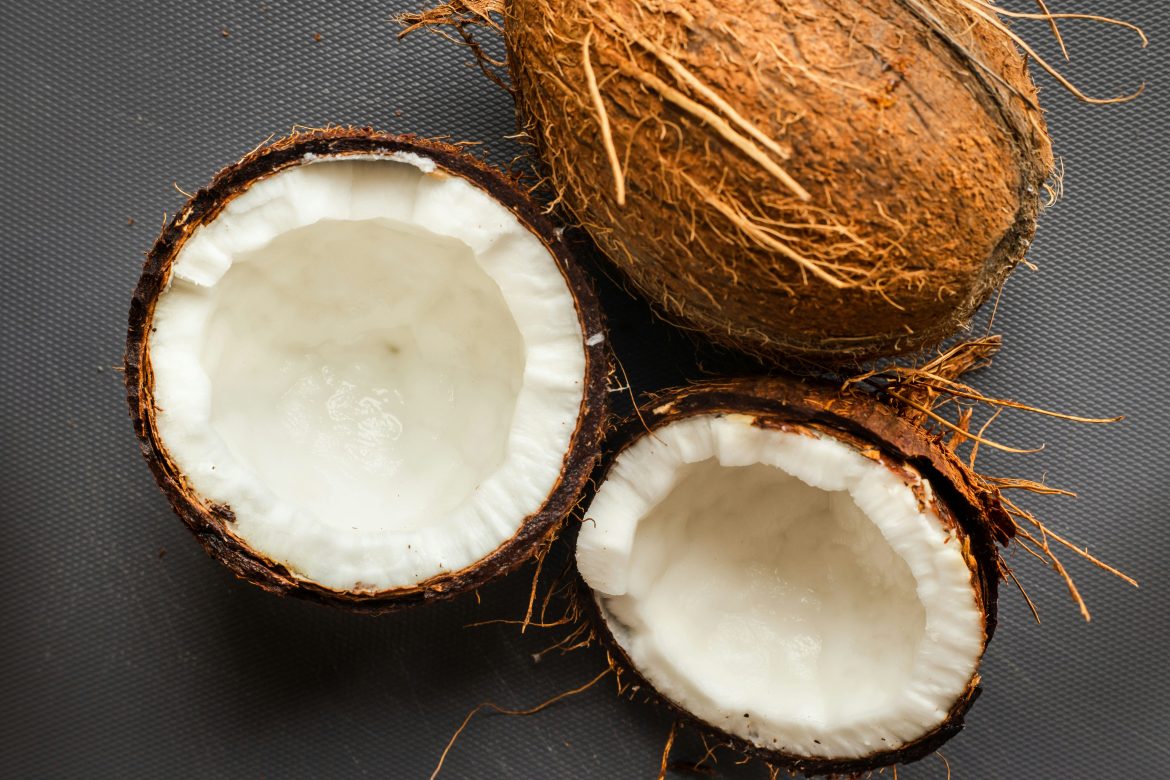THE MORE ingredients and suppliers you need for a product, the more that can go wrong with your supply chain. Given that even the most pedestrian beauty and care products contain a dizzying list of ingredients, brands and formulators are increasingly seeking multifunctional solutions that deliver performance and offer flexibility across multiple product types—even better if the sourcing aligns with the brand’s values.
Enter Cocolatum 503, a naturally derived semi-solid emollient derived from coconut oil, which is proving to be a standout in personal care innovation. Sourced from a trusted manufacturer of plant-based cosmetic ingredients, Cocolatum 503 (or simply “Cocolatum”) is gaining traction among formulators as an excellent alternative to petroleum jelly, a traditional mass market material and a byproduct of the petrochemical industry. Cocolatum has a similarly soft texture, smooth application, and wide compatibility with virtually any application that requires petroleum jelly.
Beyond its more specific formulation benefits, its plant-based origin makes it a more sustainable choice, especially now that responsible ingredient sourcing has become a major focus of both consumers and regulators. For exporters, the use of Cocolatum helps smooth compliance with European Union Deforestation Regulation, or EUDR, directives, easing their entry into the lucrative European Union market and earning the trust of consumers everywhere.
Here’s a closer look at some of the ways Cocolatum can be included in your next formulation, whether you’re working on skincare, body care, or even hybrid beauty products:
1) Moisturizing Creams and Lotions
Cocolatum offers excellent emollient properties, making it the natural choice for these product types. Like petroleum jelly, it creates a protective barrier on the skin that helps lock in hydration, but lacks the sometimes greasy after-feel of its counterpart. It also has a semi-solid texture that enhances the overall body and spreadability of lotions and creams, making them feel more luxurious as well as easier to apply.
2) Lip Balms and Lip Butters
Cocolatum has a soft, butter-like consistency that helps it glide smoothly over lips, making it a good choice for lip balms and other lip products. Unlike heavier wax-based balms, products formulated with Cocolatum often feel lighter and more comfortable on the lips while still providing long-lasting protection.
3) Cleansing Balms and Makeup Removers
Oil-based cleansers are becoming more popular these days—an application that the naturally-sourced Cocolatum excels at as well. It maintains a solid form at room temperature and melts upon contact with the skin, making it a good base for these products. Unlike many traditional ingredients, it also has a mild, non-irritating nature, making it suitable for sensitive skin types.
4) Body Butters and Whipped Creams
Cocolatum works beautifully in products with whipped textures. It blends easily with other common ingredients like shea, cocoa butter, and other botanical oils to create nourishing yet easy-to-spread body butters. It also brings a very subtle coconut scent that many users appreciate.
5) Solid Moisturizers and Lotion Bars
With plastic-free, solid-format products growing in popularity, Cocolatum is the perfect ingredient for making firm lotion bars and similar items with a smooth glide. Customers who avoid plastic in packaging are also likely to appreciate Cocolatum’s natural origins on their products’ ingredient lists.
6) Baby Care Products
As mentioned, Cocolatum is suitable for sensitive skin types, including those of babies. Cocolatum is proven to be gentle, non-comedogenic, and safe for baby products, baby balms, diaper rash creams, cradle cap treatments, and any other applications where skin contact is to be expected. Parents looking for safer, more natural solutions may also see the appeal of these products over more traditional competitors.
7) Hair Pomades and Styling Balms
The coconut oil Cocolatum is derived from has long been used in hair care, and Cocolatum offers an even greater diversity of applications. It can be incorporated into modern styling products like pomades, hair balms, and edge control formulas with different degrees of hold, shine, and hardness. It also offers excellent scalp nourishment, unlike some of its alternatives. Importantly, it washes out more easily than heavier waxes, making Cocolatum-based hair products great for daily use.
8) Massage Balms and Body Melts
Cocolatum’s slow melting profile and smooth spreadability make it ideal for massage balms, offering a luxurious-feeling glide without dripping everywhere or leaving a greasy after-feel. It also binds beautifully with most aromatherapeutic essential oils, allowing it to be a key component in different spa products where a specific set of scent profiles is required.
A Sustainable foundation for any formulation
Cocolatum 503 represents the kind of sustainable innovation that more brands and consumers are embracing. As demand for safer, less environmentally impactful beauty rises, renewable and biodegradable ingredients offer a credible alternative to more commonplace petroleum-based materials.
However, consumers are concerned not just about what the ingredient is, but also how it’s sourced. Working with a responsible supplier can help manufacturers secure sourcing certifications like EUDR compliance, helping them meet both regulatory and ethical standards. With the beauty and personal care industries now increasingly under both regulator and market scrutiny, these considerations often matter just as much as product performance.
Photo by Louis Hansel on Unsplash



